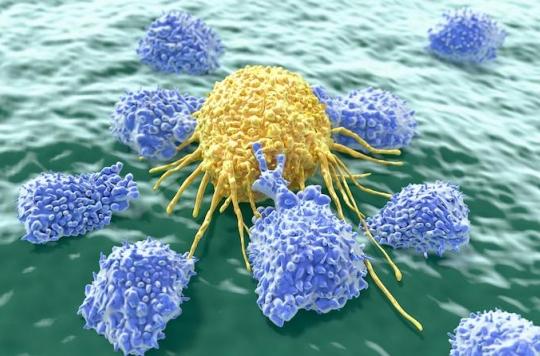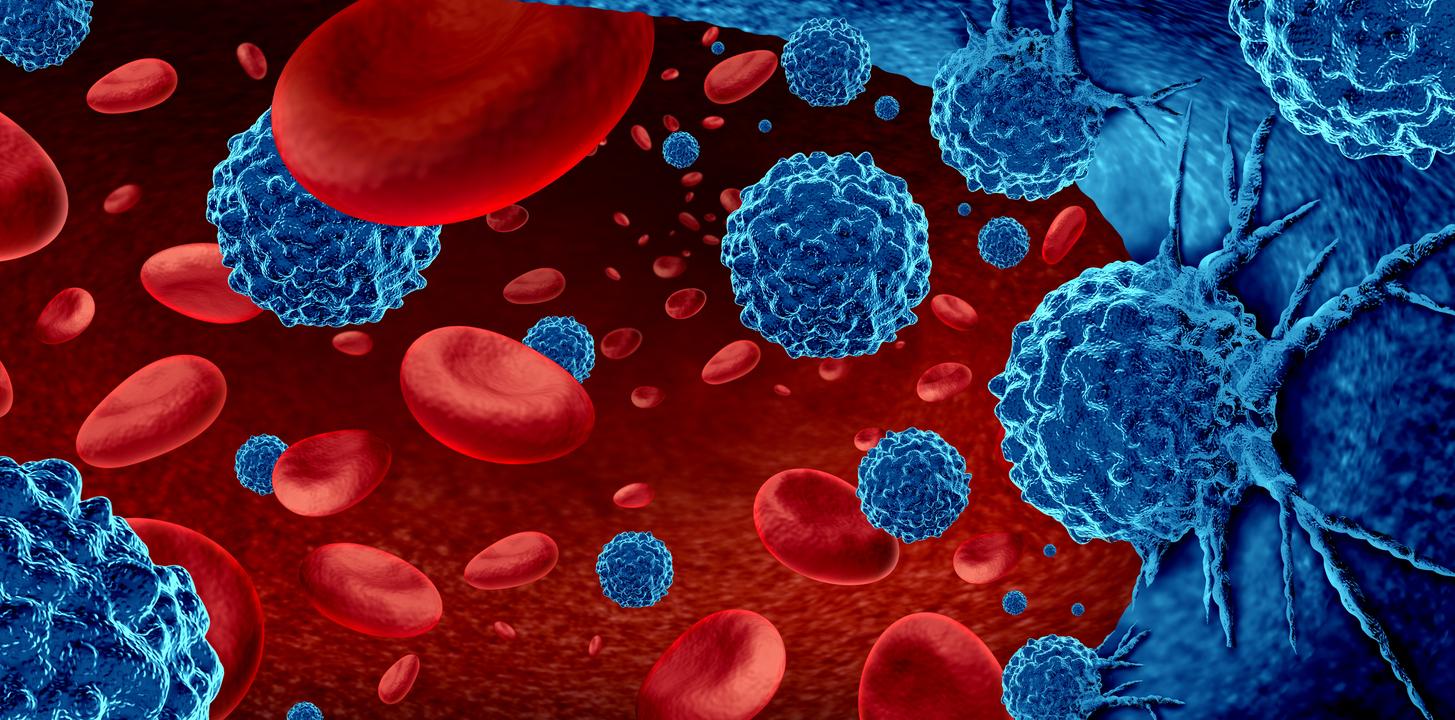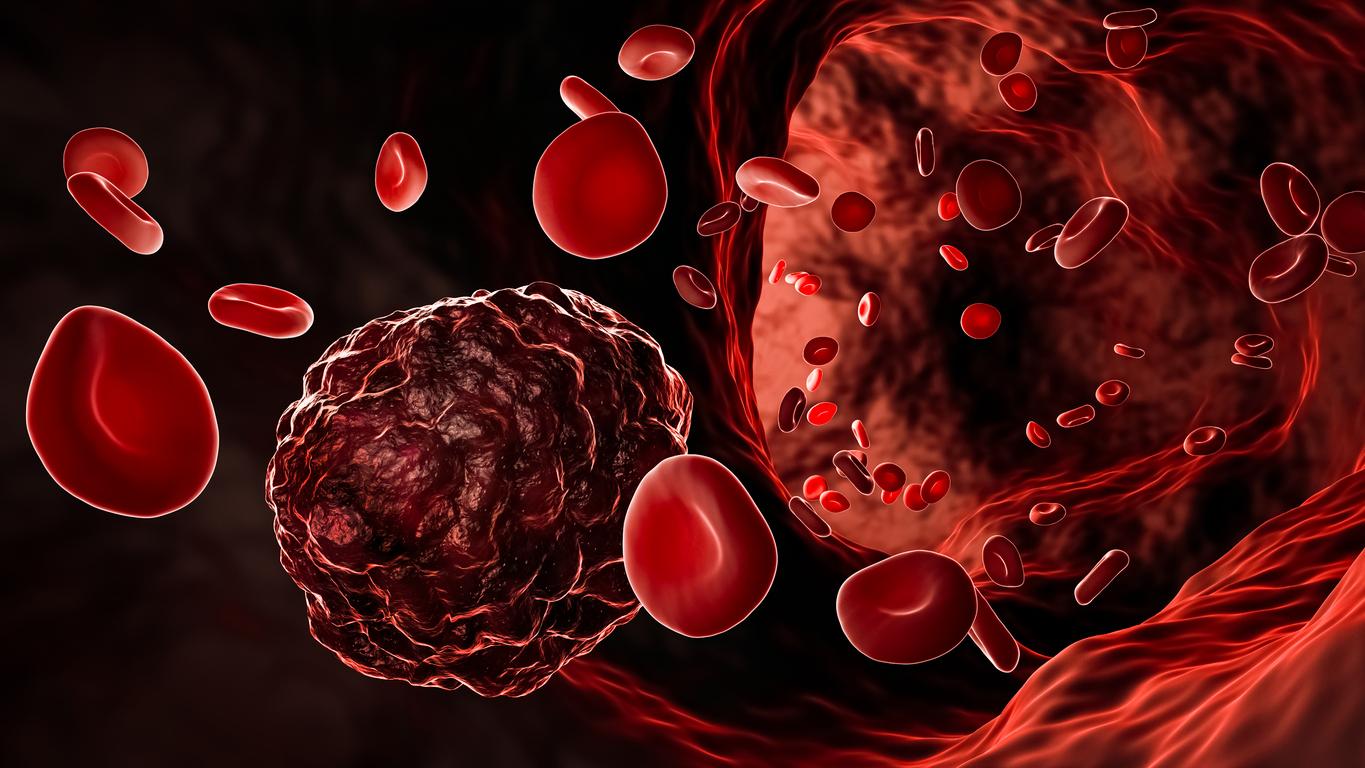40% of patients with treatment-refractory diffuse large B-cell lymphoma had a response that was both complete and durable.

Diffuse large B-cell lymphomas that are refractory to treatment of 1time and 2and line, or who relapse after a stem cell transplant, have a very poor prognosis.
In the largest study to date (93 patients), tisagenlecleucel, a T lymphocyte genetically modified to attack a protein on the surface of lymphoma cells, gives a response in 52% of cases. Forty percent of patients have a complete response and 12% have a partial response. The patients included had already received at least two lines of treatment. This JULIET study is published in the New England Journal of Medicine.
Amazing results
Sixty-five percent patients suffering from diffuse large B-cell lymphoma, recruited worldwide, are relapse-free one year later, of which 79% have a complete response. At the end of this study, the median progression-free survival of the patients had not been reached.
These results compare favorably with previous studies in diffuse large B-cell lymphoma with chemotherapy. The SCHOLAR-1 study, published in 2017, revealed that only 7% of patients with refractory diffuse large cell B-cell lymphoma had a complete response. Median overall survival was only 6.2 months.
Earlier data from this JULIET trial led to the FDA’s approval of tisagenlecleucel on May 1, 2018, for the treatment of patients with diffuse large B-cell lymphoma. These new results demonstrate the long-term benefit of this treatment.
A complexity of the process
The process of preparing the treatment is complicated and that is why it was important to test its feasibility on a global level. The hematology care team draws the patient’s blood and extracts the T cells (before re-injecting the blood). The T cells from each patient are then sent to the Novartis laboratory in Morris Plains, USA. The T lymphocytes of each patient are genetically modified there in order to express an anti-CD19 surface antibody, capable of targeting the B cells responsible for the disease, cells which have a surface protein called CD19, and of destroying them very effectively: as they are living cells, the destruction is more efficient than with simple antibodies.
Then the modified T cells, the “CAR-T cells”, are multiplied and returned to the hospital and reinjected into the patient. Each cell is thus compatible with the patient from which it originated, it is not destroyed by the immune system and it remains capable of multiplying rapidly, producing millions of daughter cells endowed with the same anti-CD19 characteristics. These will violently attack the lymphoma cells carrying CD19 and lead to their specific destruction.
A form of immunotherapy
It is therefore a form of immunotherapy, an autograft of modified T lymphocytes, which will specifically destroy CD19 cancer cells, wherever they are in the body and without the need for chemotherapy. But the mass destruction of these cancerous cells can have potentially serious but generally time-limited (acute phase) side effects.
The most common side effect is cytokine release syndrome (58%), which causes severe symptoms such as fever, edema and hypotension, with possible neurological effects, such as delirium, but doctors have been taught to manage these side effects in the hematology transplant unit (anti-IL6). No deaths in this trial were attributed to the treatment performed.
Never-before-seen results
“Median progression-free survival was not achieved for complete responders,” the authors wrote. The probability of survival at 12 months “is 90% in complete responders”.
“Overall, it’s extremely exciting,” said Michael Bishop, one of the study’s authors, “because relapses after 12 months are rare. Our first patient, treated in May 2016, has been back at work for two and a half years. This trial demonstrates that treatment with CAR-T cells can provide a high rate of durable responses”.
FDA approval of tisagenlecleucel in patients with relapsed or refractory DLBCL is based on this JULIET Phase 2 clinical trial. This is the largest international study of CAR-T cell therapy in diffuse large B-cell lymphoma.

.















